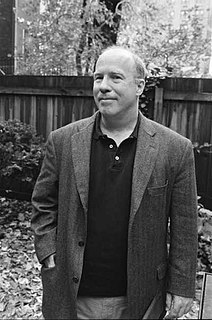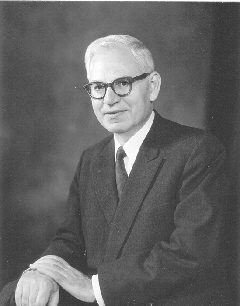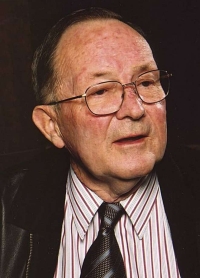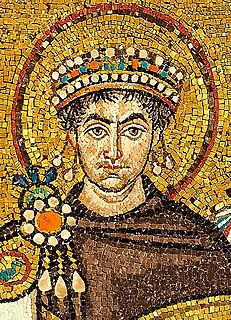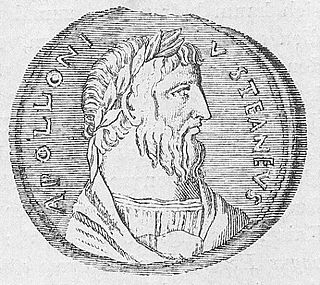A Quote by Arundhati Roy
How carelessly imperial power vivisected ancient civilizations. Palestine and Kashmir are imperial Britain's festering, blood-drenched gifts to the modem world. Both are fault lines in the raging international con?icts of today.
Related Quotes
If Tehran insists on combining the Persian imperial tradition with contemporary Islamic fervor, then a collision with America and, indeed, with its negotiating partners of the Six is unavoidable. Iran simply cannot be permitted to fulfill a dream of imperial rule in a region of such importance to the rest of the world.
It is my hypothesis that the fundamental source of conflict in this new [post-Cold-War] world will not be primarily ideological or primarily economic. The great divisions among humankind and the dominating source of conflict will be cultural. Nation states will remain the most powerful actors in world affairs, but the principal conflicts of global politics will occur between nations and groups of different civilizations. The clash of civilizations will dominate global politics. The fault lines between civilizations will be the battle lines of the future.
The formal granting of independence created a more Manichean system of dependency and exploitation, since for those who practice it, it means power without responsibility and for those who suffer from it, it means exploitation without redress. In the days of old-fashioned colonialism, the imperial power had at least to explain and justify at home the actions it was taking abroad. In the colony those who served the ruling imperial power could at least look to its protection against any violent move by their opponents. With neocolonialism neither is the case.
Imperial politics represents the conquest of domestic politics and the latter's conversion into a crucial element of inverted totalitarianism. It makes no sense to ask how the democratic citizen could 'participate' substantively in imperial politics; hence it is not surprising that the subject of empire is taboo in electoral debates. No major politician or party has so much as publicly remarked on the existence of an American empire.

